About the Delgoffe Lab
The Delgoffe Lab studies the metabolic contributions to T cell fate and function. The activation, expansion, and differentiation of T cells requires the interpretation of many complex signals including those from the antigen receptor, costimulatory and coinhibitory molecules, and cytokines. It has now become clear that metabolism represents another key mechanism by which T cells can be regulated. In addition, nutrient sensing and metabolic reprogramming pathways are intrinsically tied to signaling involved in T cell biology. Given that nutrients are limiting in the microenvironment of cancer, our studies have immediate translation as modalities to improve cancer immunotherapy.
Metabolic barriers to effective cancer immunotherapy
Cancer cells, by nature of their unrestrained proliferation, are metabolically deregulated. This results in both a local depletion of nutrients and oxygen but also a build-up of toxic byproducts. This creates an inhospitable environment for infiltrating immune cells, suggesting that tumor cells evade immunity in part by starving tumor-reactive cells. Our lab studies how hypoxia, acidosis, and local nutrient depletion represent barriers to immunotherapies like adoptive cell therapy, costimulatory therapy, oncolytic viruses, and checkpoint blockade. Further, our work has identified pharmacologic modalities by which tumor cell metabolism can be remodeled, leading to improved immunotherapy responses. Some of these modalities are being translated into clinical trials here in Pittsburgh and beyond.
Pimonidazole staining of full tumor sections (stitched from 300–500 individual panels) from mice bearing B16 tumors receiving PBS or metformin treatment for 3 days. From Scharping et al., Cancer Immunology Research, 2017.
Metabolic underpinnings to T cell exhaustion
T cell exhaustion is a defined functional state in which terminally differentiated T cells become hyporesponsive to their antigen. Persistent antigen in chronic viral infection and in cancer represent key drivers of this phenotype, but it is still unclear how T cell exhaustion is induced and why, precisely, exhausted T cells are dysfunctional. The laboratory has found that exhausted T cells lost functional mitochondria and that this metabolic insufficiency underlies both their differentiation and dysfunction. We utilize cutting edge technology to profile the contributions of metabolic pathways to the avoidance of the exhausted T cell phenotype and explore novel ways to reverse T cell exhaustion to improve therapies.
Transmission electron microscopy of activated or tumor-infiltrating CD8+ T cells. From Scharping et. al., Immunity, 2016.
Regulatory T cell metabolism and its implication in cancer and autoimmunity
Regulatory T cells are vital components of a healthy immune system but become dysfunctional in autoimmunity and hyperactive in cancer. Our laboratory studies how tissue-resident and tumor-resident regulatory T cells meet their metabolic demands, and have found that these cells have unique metabolic profiles that underlie their functional identity. Projects in the lab seek to understand the contribution of these novel metabolic pathways to regulatory T cell function and explore how to exploit these potential metabolic vulnerabilities to combat cancer and autoimmunity.
Oncolytic virus immunotherapy and modalities for therapeutic enhancement
While checkpoint blockade immunotherapy can reinvigorate resident, dormant antitumor immunity, many microenvironments are either immune excluded (in which T cells cannot penetrate the tumor bed) or immune desert (in which T cells are present whatsoever), and represent poor response to checkpoint blockade. Oncolytic viruses are engineered agents which replicate specifically in tumor cells and lead to cancer cell lysis. Further, these viruses stimulate potent, new tumor immunity dominated by T cells. Our lab studies the mechanisms by which oncolytic viruses function to stimulate new immunity and how the virus itself can be employed to deliver metabolic modulatory therapy.
Uniform Manifold Approximation and Projection (UMAP) analysis and quantification of PBSand VV-treated mice. Population percentages were determined out of the percentage of all CD45+ cells from single cell RNAseq. From Rivadeneira et al., Immunity 2019.
Energetic contributions to T cell activation and motility
Early in our lab’s history we found that T cells make drastic changes to their metabolic program almost immediately upon TCR ligation (within minutes). We hypothesize this is due to immediate metabolic requirements necessary for early T cell function. Our lab seeks to understand the molecular players present in the metabolic program of T cells, how the TCR communicates with the metabolic machinery, and how these very early metabolic programs promote T cell effector function and cellular dynamics.
TIRF microscopy images of OT-I T cells stimulated on αTCR and ICAM-1 containing stimulatory lipid bilayers for 15 min and then stained intracellularly for total and phospho-PDHK1. From Menk et al., Cell Reports, 2018.
Therapeutic improvement of chimeric antigen receptor T cell function via metabolic reprogramming
Chimeric antigen receptor T cells are a form of adoptive cell therapy in which healthy blood T cells are redirected to tumor antigens by exogenously expressing a chimeric receptor which recognizes a tumor antigen on the surface but delivers T cell costimulation and activation intracellularly. These redirected T cells are then infused back into the patient where they seek out and kill tumor cells. In hematologic malignancies CAR-T cells have had extremely dramatically clinical results, but these cellular therapies have shown almost no efficacy in solid tumors. We hypothesize the same types of metabolic suppression we observe in endogenous T cells occur in these cells, suggesting that metabolic reprogramming may also enable CAR-T therapy in solid tumors.






